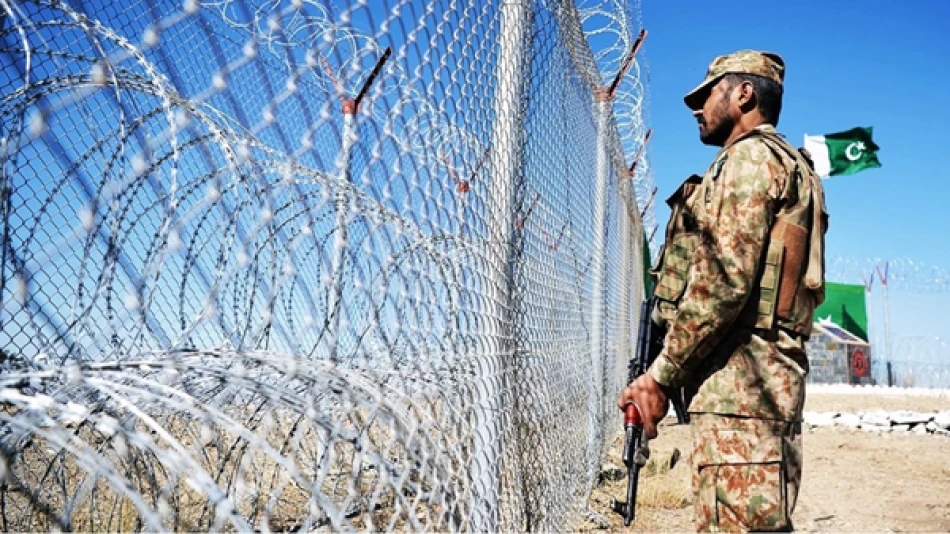
Pakistan Security Forces Eliminate 7 Armed Militants in Counterterrorism Operation
Pakistan's Military Strikes Back: Seven Militants Killed in Northwest Counter-Terror Raid
Pakistani security forces killed seven militants, including two suicide bombers, during an intelligence-led operation in the restive Khyber Pakhtunkhwa province on Saturday. The clash in Dera Ismail Khan district signals Pakistan's continued struggle against insurgent groups operating along its volatile northwestern frontier with Afghanistan.
The Operation Unfolds
The military's media wing reported that forces launched a search operation in Kulachi area of Dera Ismail Khan after receiving intelligence about terrorist presence in the region. What began as a reconnaissance mission quickly turned into an armed confrontation when security forces encountered the militant group.
"During the conduct of the operation, our troops effectively engaged" with the militants, the Inter-Services Public Relations (ISPR) stated. The firefight resulted in the deaths of seven insurgents, with officials specifically noting that two were identified as suicide bombers - a detail that suggests the group may have been planning an imminent attack.
Pakistan's Ongoing Security Challenge
This latest operation highlights the persistent security threats facing Pakistan, particularly in Khyber Pakhtunkhwa province, which borders Afghanistan. The region has long served as a corridor for militant groups, including remnants of the Pakistani Taliban and other extremist organizations.
The timing is significant. Since the Taliban's return to power in Afghanistan in 2021, Pakistan has witnessed a notable uptick in terrorist incidents along its western border. Cross-border militant activity has surged, forcing Pakistani forces to maintain heightened security operations in these frontier areas.
Dera Ismail Khan: A Strategic Hotspot
Dera Ismail Khan district sits at a crucial geographic intersection, making it a frequent target for militant activity. The area connects Pakistan's tribal regions with more populated areas, creating both opportunity and vulnerability for security forces.
The district has experienced multiple terrorist incidents over the past decade, including attacks on security installations and civilian targets. Its location makes it a natural staging ground for groups seeking to move personnel and weapons between Afghanistan and Pakistan's interior.
Broader Implications for Regional Security
Pakistan's military emphasized that clearing operations continue in the area to eliminate any remaining terrorists. This approach reflects a broader counter-terrorism strategy that combines intelligence gathering with rapid response capabilities.
The presence of suicide bombers in the group raises particular concerns about the sophistication and intent of militant networks operating in the region. Such operatives typically indicate advanced planning for high-impact attacks against civilian or military targets.
For Pakistan's government, these operations serve dual purposes: eliminating immediate threats while demonstrating state capacity to maintain security. But they also underscore the ongoing challenge of securing a porous 1,600-mile border with Afghanistan that remains difficult to monitor and control.
The military's public commitment to "eliminate the menace of terrorism from the country" reflects both determination and acknowledgment that this remains an active, evolving threat requiring sustained attention and resources.
Most Viewed News

 Layla Al Mansoori
Layla Al Mansoori






